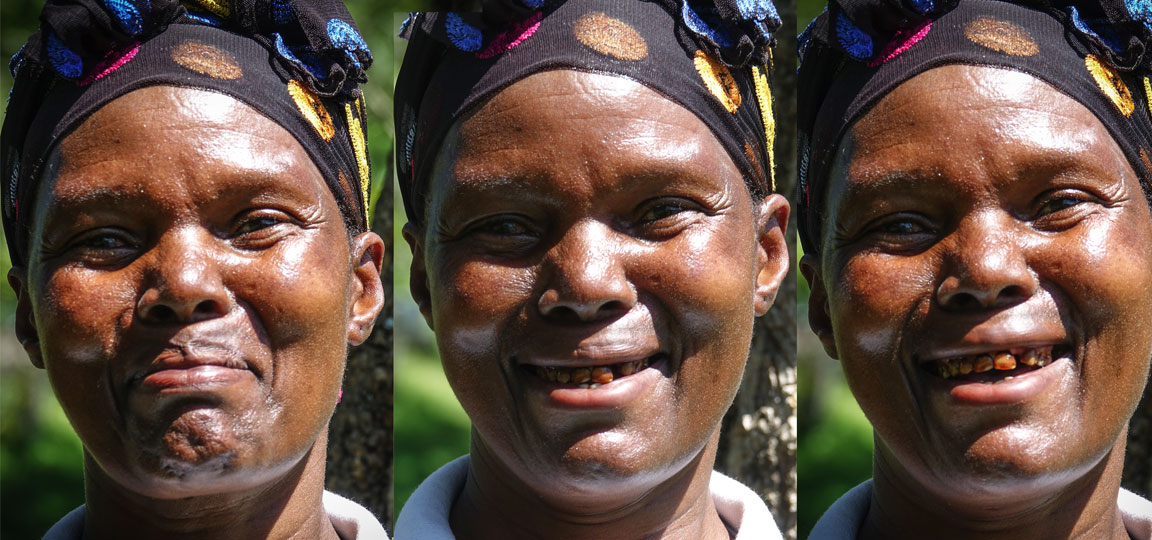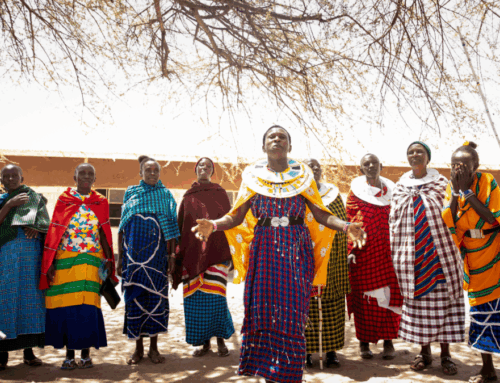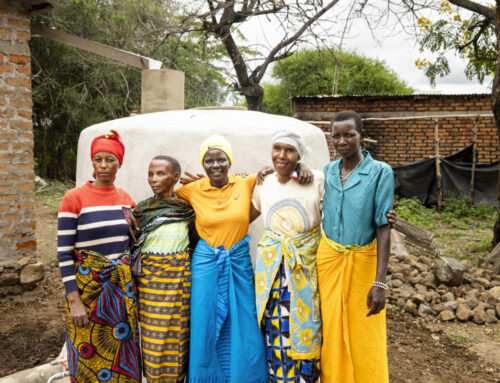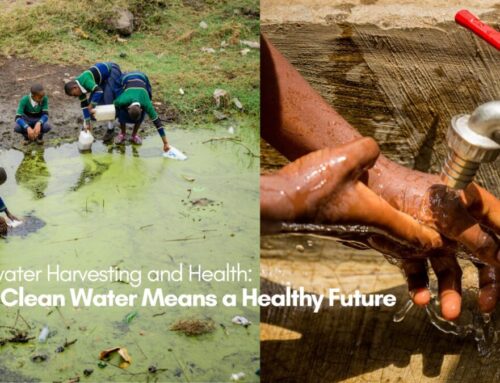It takes a little while for MILGRID to smile. She has learned to keep herself relatively invisible, to express her joy quietly and to tiptoe through her own life. When she finally allows herself to smile, she creates a warmth that is palpable. It feels like a hug. But she doesn’t know it. Her shame predates it.
Milgrid like so many other women and girls has learned to shroud her power. Her entire life, she has been taught that she is more her husband’s property than she is her own person. Milgrid was married at 13 years old. She was chosen by a man twice her age. She had no say and no choice. He was a soldier and he had the money to pay her dowry.
In 1978, he was sent to fight in the Ugandan – Tanzanian war which inevitably overthrew Idi Amin. Her husband was trained to fight one of the most violent leaders in history. Power by force came naturally to him. Milgrid was a child. She was never a match for him. And so she learned to hide her true self to avoid being beaten.
Milgrid’s husband had been given land by his father. Before going to war, they built a home and dreamt of the future. But then his father died. His land and home were in the care of his mother because Milgrid was still a child. While at war, his mother sold all her late husband’s property and ran away with the money. It left Milgrid alone and homeless. No one will ever know why she did it but one can assume. In Tanzania, traditional law states that women cannot hold title to land. Whatever belonged to their husband is inherited by their sons. If widowed, a woman is at risk to be thrown out of her home by her brother-in-law or her sons. It is common, and many Tanzanian women including Save the Rain team members, know the experience first-hand.
Milgrid’s husband was left with nothing and was never able to regain the equivalent of what his mother stole. Her actions cemented their poverty. They rented a home and he works the farm the house sits on. Milgrid had 9 children. Today, she is also responsible for 8 grandchildren. Without owning land, her husband is aware that he has nothing to leave his sons. Much of the money they earned paid for the vice he used to manage his bitterness. Milgrid suffered from the rage that came from his alcohol use.
When Milgrid heard Save the Rain was coming to her village and that there would be a call for employment, she knew there would be one obstacle standing in her way. She knew she was strong enough and smart enough to do the job. But she did not know if her husband would permit her to try.
She rubs a scar and continues. “I asked for permission to try. He was hesitant. Whenever I want to try something new, he sees it as a loss instead of a possible gain. It took some time for him to see what kinds of contributions my work would create for our family. None of his farming guarantees earnings. When he saw I had a steady income and there would be clean water and food security at home, there was less pressure. Less pressure meant less beating. Less pressure also meant less alcohol. It’s almost two years since I started my job and almost as long since the drinking and fighting have stopped.” She drifts off into a memory, to a place we cannot follow.
When she returns, she smiles that warm glow and says, “I never really knew my family. I was married so young and my husband’s family comes with so much sourness. But when I started to work with Save the Rain, I started to know what family really is. I feel safe with the people I work with. I don’t know that I have ever really known that feeling before. And I love that I get to help people create their own solutions. I love that part the most because I don’t think I have ever really felt in charge of my own.” We all pause to ingest the power of what she just said.
“Don’t tell God but I don’t like Sundays.” She whispers and giggles at the same time.
“Why?” I ask. “Because it is the one day I don’t get to be with my real family, my Save the Rain family. I miss them on Sundays.” She answers and reaches across for my hand. “Is there anything we can do about that?”
“You never know where you might find your heart’s delight.” She goes on to say. “Who would have thought our need for clean water would have given me a family. The most precious gifts sometimes come from some of our greatest challenges.”
Clearly, Milgrid has found a place where who she really is is safe to be seen.
And what we see is so much more of her warmth and her incredible smile.

